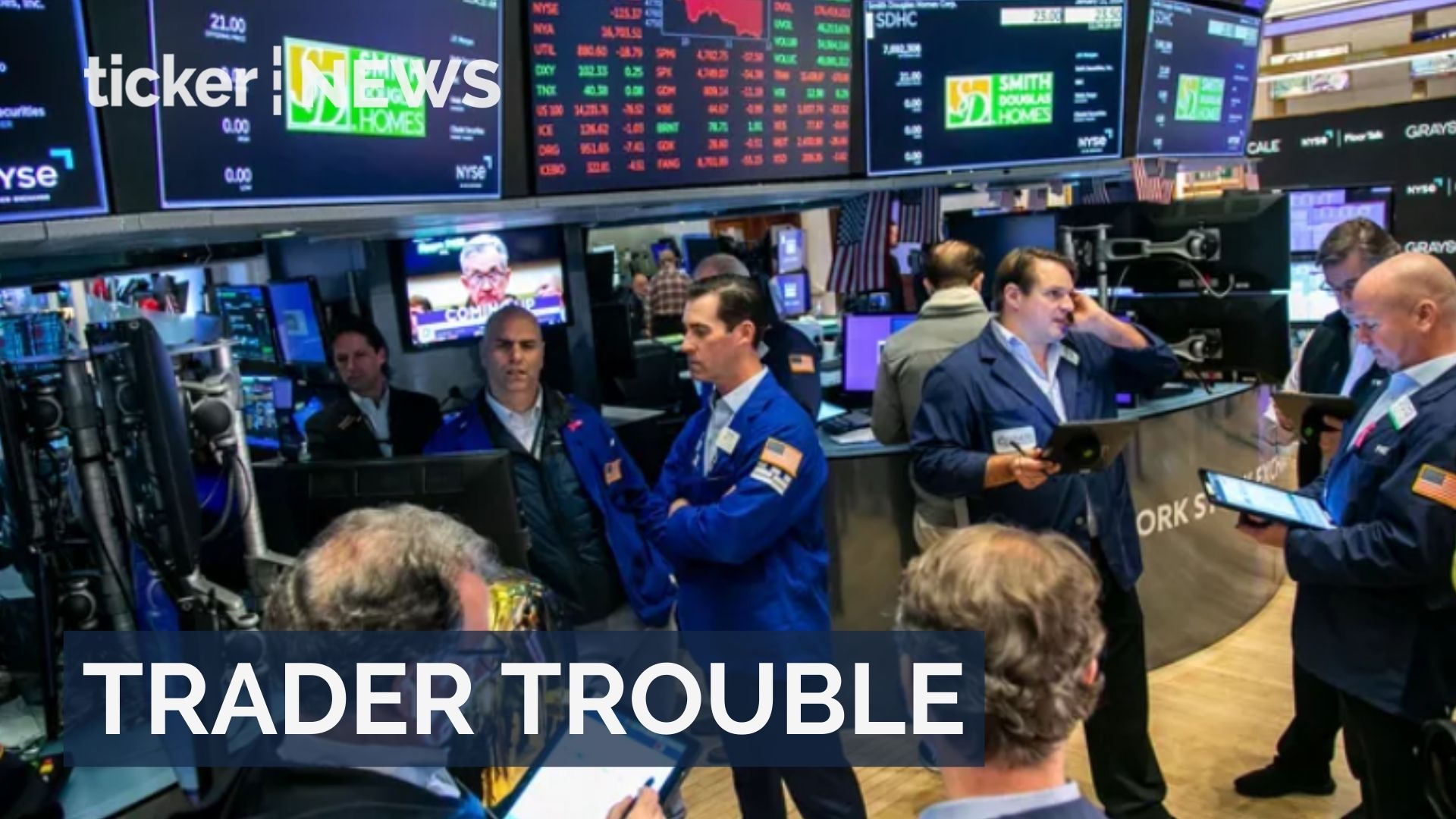Money
Consumers are even giving up on new sneakers

Money
U.S. jobs report, Fed decisions, and Japan’s economic risks explained
January US jobs report sparks uncertainty; analysts debate impact on Federal Reserve policy and market confidence.
Money
Alphabet launches $20B bond to fund AI expansion
Alphabet’s $20B bond offering highlights investor confidence in AI growth, enabling funding without shareholder dilution.
Money
AI tax tool sparks market turmoil for financial firms
Major financial firms’ stocks fell sharply after an AI tax tool launch, raising investor fears of disruption in advisory services.
-



 Ticker Views4 days ago
Ticker Views4 days agoIsraeli President Herzog visits Australia amid rising antisemitism
-



 Ticker Views2 days ago
Ticker Views2 days agoLunar Gateway faces delays and funding debate amid Artemis ambitions
-



 Tech4 days ago
Tech4 days agoClaude AI is transforming software engineering and productivity
-



 Ticker Views2 days ago
Ticker Views2 days agoSouth Korea introduces AI job protection legislation
-



 Ticker Views3 days ago
Ticker Views3 days agoU.S. ambassador responds to NATO criticism at Munich Security Conference
-



 Money4 days ago
Money4 days agoTech stocks slide as investors rotate into small-cap and value plays
-



 News5 days ago
News5 days agoRussia missile strikes force Ukraine nuclear plants offline amid safety fears
-



 News4 days ago
News4 days agoJapan election delivers commanding win for ruling LDP






